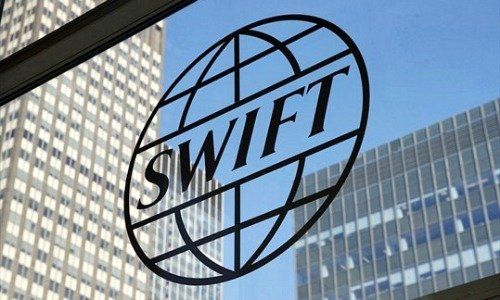Swift Defends Grip on Cross-Border Payments
SWIFT announced that 10 Chinese banks went live on its real-time payments system. The company is striking back at fast-growing startups using blockchain, which has been eroding its grip on international payments.
SWIFT, the firm which governs a bank messaging system underpinning the movement of trillions of dollars daily announced that 10 Chinese banks including Bank of China (BOC) and ICBC went live on its global payments innovation (gpi), it said in a statement. The company is fighting to defend its dominant position in international payments.
They join 17 other Chinese banks who have committed to using gpi. In total, they account for an estimated 86 percent of cross-border payment traffic conducted by Chinese banks in mainland China.
Why Fintech Startups Threaten SWIFT
Brussels-based Swift is responding to being undercut by cheaper and faster payment methods such as Ripple and TransferMate. These startups claim to enable secure, instant, and nearly free global financial transactions of any size with no chargebacks, unlike SWIFT.
Ripple even supports tokens representing fiat currency, cryptocurrency, commodity or any other unit of value such as frequent flier miles or mobile minutes.
With Swift's dominance on cross-border payments under threat, it launched its own gpi system in May last year. The gpi system now accounts for about 25 percent of all Swift payments across borders.
Riding the Wave to Internationalise the Renminbi
According to statistics, China remains a largely dollarized market. As of June 2017, almost all (98 percent) payments between the United States and China are performed in U.S. dollars while the Chinese renminbi is used for approximately 2 percent of payments to China in most markets, SWIFT said.
SWIFT gpi wants to be seen as a key player in China’s Belt and Road Initiative, which potentially involves 60 countries and a third of the world's trade.
Since May, the Chinese central bank and government have launched initiatives that signals a new phase for international payment systems. For example, they have eased regulations for overseas lenders to borrow the Chinese currency, and resumed a program for mainland investors to buy offshore assets with renminbi that has been on hold since 2015.




























